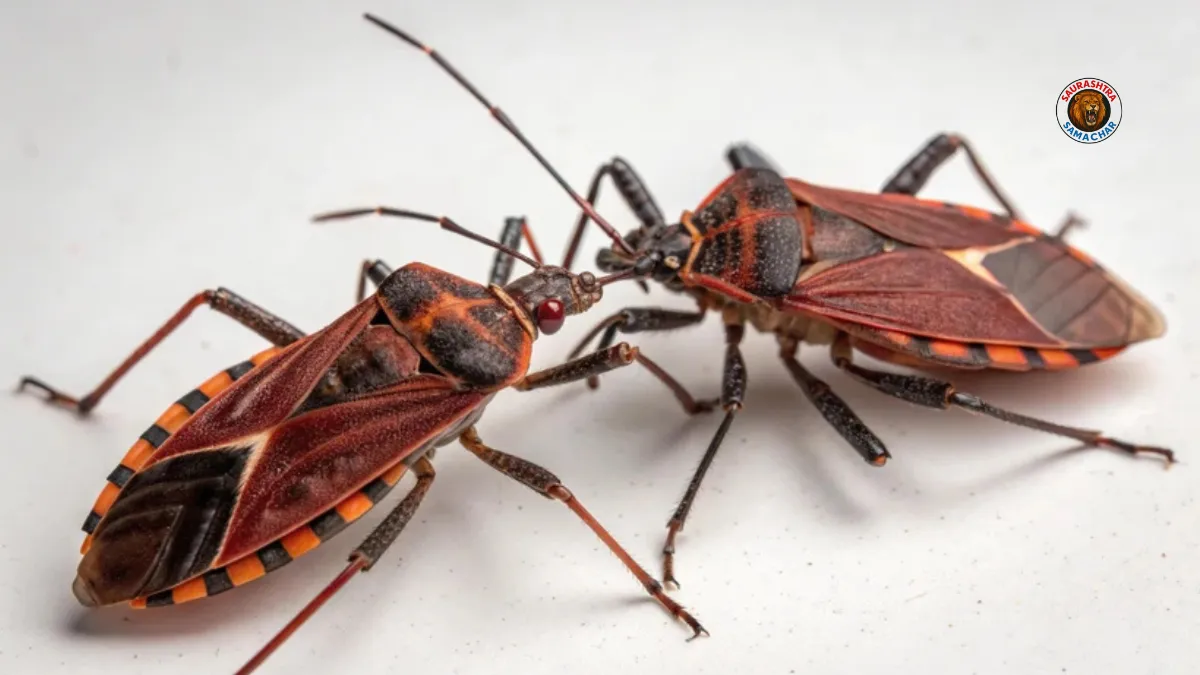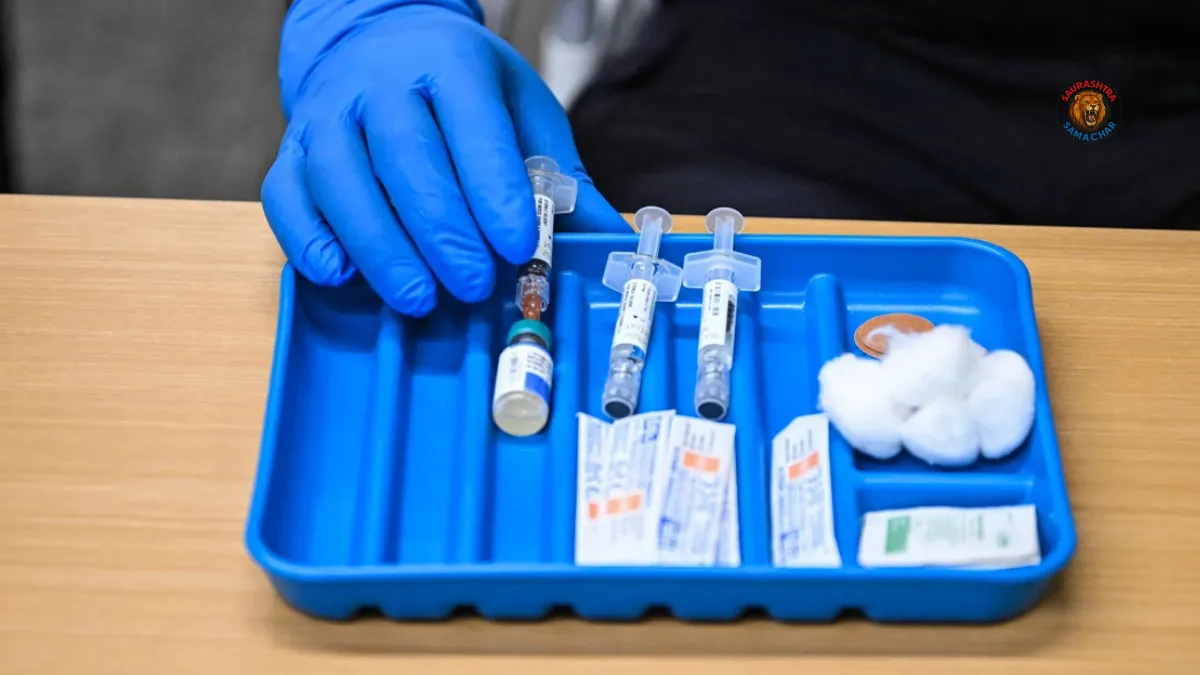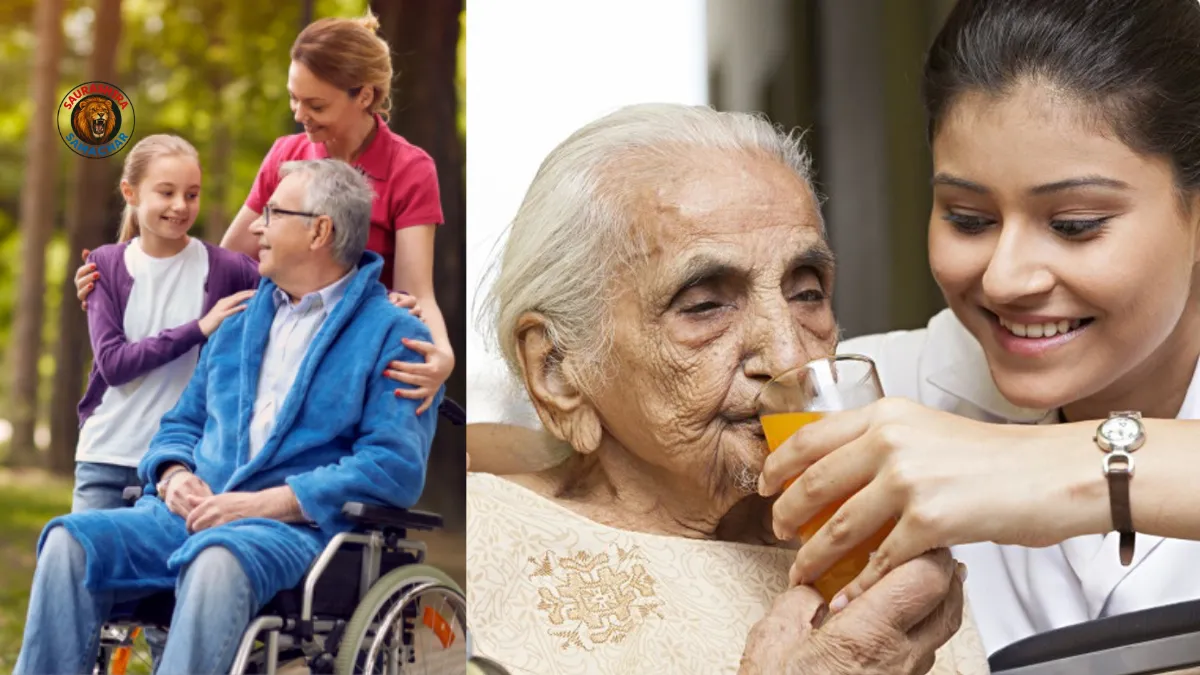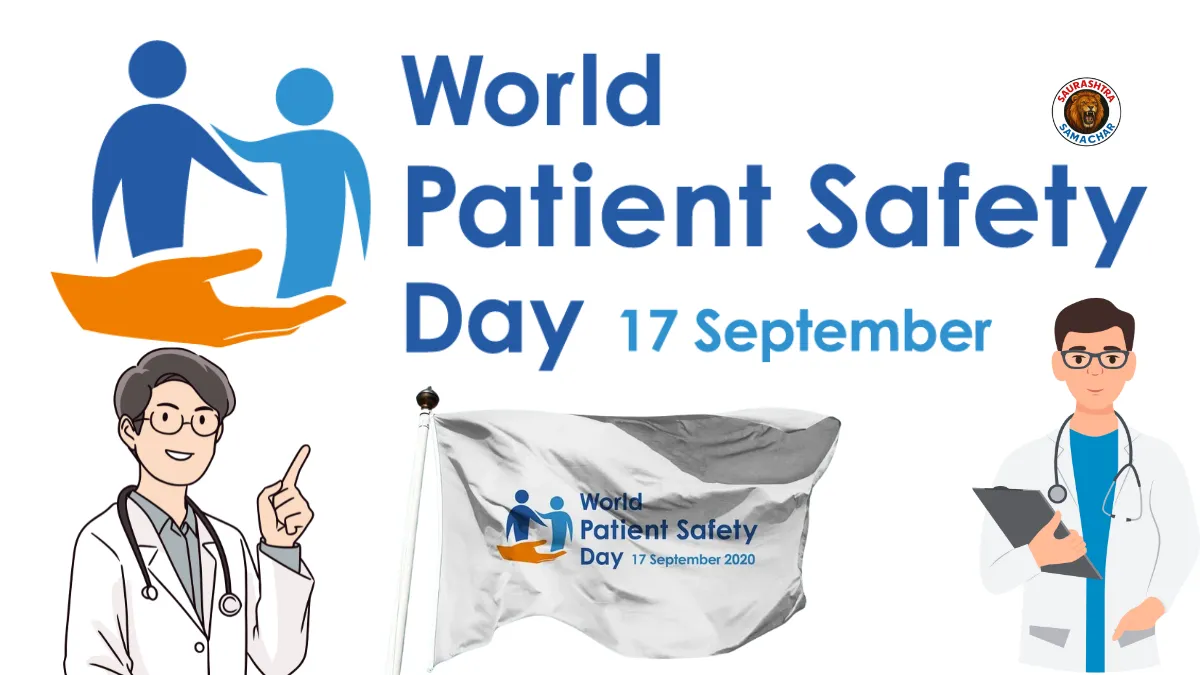The kissing bug – a blood-sucking insect once thought to be limited to Latin America – is now gaining ground in the United States, and experts warn that the disease it carries, Chagas disease, should be considered endemic. Without stronger awareness, surveillance, and prevention programs, thousands of people may face severe health complications that could otherwise be avoided.
What Is Chagas Disease?
Chagas disease is caused by a parasite known as Trypanosoma cruzi. The parasite is mainly transmitted by triatomine insects, commonly referred to as kissing bugs, because they often bite people on the face while they sleep. After biting, the insect leaves feces near the wound, eyes, or mouth, and when a person accidentally rubs the infected droppings into their skin or mucous membranes, the parasite enters the body.
Besides direct transmission through kissing bugs, Chagas disease can also spread via:
- Blood transfusions
- Organ transplants
- Contaminated food
- From a pregnant mother to her unborn child
Why Experts Say It’s Now Endemic in the US
A new report published in the CDC’s journal Emerging Infectious Diseases emphasizes that Chagas is no longer just a foreign problem. Dr. Norman Beatty, a clinical associate professor at the University of Florida, who has studied Chagas for over a decade, says the disease has long been present in American communities, but health systems have been slow to recognize it.
The World Health Organization (WHO) labels Chagas a neglected tropical disease, and the Pan American Health Organization (PAHO) considers it endemic in 21 countries across the Americas. In Latin America, Chagas is among the leading causes of heart disease and is linked to higher disability rates than malaria or Zika. Now, experts argue, the US should also be added to that list.
Symptoms and Health Impact
Chagas disease has two phases: the acute stage and the chronic stage.
Early symptoms may appear within weeks of infection and can include:
- Fever and fatigue
- Body aches
- Headaches and rash
- Vomiting
- Loss of appetite
These signs often fade, leaving patients unaware they are infected. However, the real danger lies in the chronic stage. The CDC estimates that 20% to 30% of infected individuals eventually develop life-threatening conditions such as:
- Heart failure
- Stroke
- Enlarged digestive organs
- Nervous system disorders
If detected early, Chagas can be treated with medicines such as benznidazole or nifurtimox, which kill the parasite. Unfortunately, the effectiveness of these drugs declines the longer the infection goes untreated. Many doctors in the US do not consider Chagas when diagnosing patients, making detection even more challenging.
The Silent Spread Across the US
Since 2007, the US blood supply has been screened for Chagas, which is often how many Americans first learn of their infection. Yet, overall surveillance remains weak. Current CDC data suggests that 280,000 people in the US are living with Chagas disease, but the true number could be higher.
Researchers have found kissing bugs in 32 states, mainly concentrated in warmer southern regions. With climate change extending favorable conditions for these insects, experts predict their range may spread further north.
Infected mammals carrying the parasite have been identified in at least 17 states, including raccoons, opossums, armadillos, skunks, coyotes, and wood rats. Even pets and zoo animals – including cats, dogs, and a horse – have tested positive.
Human Chagas cases have been officially reported in eight states: Arkansas, Arizona, California, Louisiana, Missouri, Mississippi, Tennessee, and Texas. However, because most states don’t require mandatory reporting, experts believe the true number of cases is significantly undercounted.
Also read: Charlie Kirk Shooting: Suspect in Custody, Political Violence Sparks National Debate
The Need for Greater Awareness
Declaring Chagas disease endemic in the US would mark a turning point, says Dr. Mario J. Grijalva of Ohio University. Recognizing it as a domestic issue would open the door to better funding, improved public health campaigns, and stronger medical training.
Grijalva points out that in Latin American countries like Ecuador and Peru, where government campaigns are lacking, many people remain unaware of Chagas. In contrast, nations such as Chile, Bolivia, and Argentina have invested in public education and disease control, resulting in better detection and management.
“There has been a lot of effort to fight this in those countries,” he said. “It can be fought, and there are many successes.”
Also read: Who Was Charlie Kirk? The Life, Legacy, and Tragic Death of a Conservative Youth Leader
Prevention Measures for Americans
Despite the growing risks, the US has yet to establish nationwide programs specifically targeting kissing bugs, unlike the mosquito control initiatives that exist across the country. For now, experts recommend preventive steps individuals can take at home:
- Seal cracks and gaps around the house
- Install and maintain window screens
- Reduce outdoor lighting that attracts insects
- Keep pets indoors at night when possible
- Use general insect sprays, though none are specifically approved for kissing bugs in the US
In Florida, where up to 30% of kissing bugs tested carry the parasite, residents often send photos or even live insects to Dr. Beatty’s hospital for testing. Fear in the community is rising, and experts agree that public health systems need to do more to respond.
Also read: Lyssa McGowan Out: What’s Next for Pets at Home?
A Call for Action
Chagas disease has been labeled a “silent killer” for decades, largely ignored outside Latin America. But with growing evidence that kissing bugs are firmly established in the US, the time for denial is over.
Dr. Beatty warns that without recognition and surveillance, Americans will continue to suffer unnecessarily. “We have mosquito control programs around the country, but we’re essentially doing nothing about kissing bugs,” he said.
Experts urge US policymakers, health organizations, and communities to treat Chagas as a serious domestic threat. By expanding research, training doctors, and launching awareness campaigns, the US can prevent the spread of this neglected tropical disease.
Until then, individuals are left to protect themselves – sealing homes, learning to identify kissing bugs, and demanding more from public health authorities. The message from scientists is clear: the kissing bug is here to stay, and ignoring it will only make the problem worse.














